Iowa is one of many states that has a property tax assessed to virtually all residential and commercial property. However, property taxes are not assessed merely based upon the value of your property alone. Instead, the Iowa Department of Revenue bases the final tax rate on a variety of factors, including:
- Budgets that have been established to provide certain services to the public
- An assessment of the value of your property
- The county auditor’s calculations
- Other laws administered by the Iowa Department of Revenue
Because putting the tax rate and final tax bill together is based upon many factors, it takes a period of 18 months for the State to determine what your property tax should be. Taxes paid go to services that include education, healthcare, general local government expenses, and county-based services.
The entities that tax dollars support are commonly referred to as “taxing authorities.” This label infers that these entities have the authority to levy taxes. Iowa has over 2,000 taxing authorities throughout the state.
How Are Property Taxes Figured?
The assessed value of your property will have a big impact on how much your tax will be. While the levy rate is determined by a variety of factors based on need, the actual dollar amount that you pay is focused on the value of your real property. This process is done in three basic steps:
- The value of the property is determined.
The County Assessor or the Iowa Department of Revenue will figure the value of each property based on either the actual or market value of the real estate.
- The assessments are all totaled.
The assessed value for each type of property (agricultural, commercial, and residential, for example) are totaled and reported to the County Auditor.
- The Department equalizes values.
The Department will take steps to ensure that property values are comparable based on jurisdiction and that they continue to follow Iowa law. They may also adjust the assessment based on inflation as well.
The Department and the County will then determine the tax levy rate based upon this information. Finally, they will also subtract out any credits that may apply to your property, such as the Homestead Credit or a special credit available to veterans as well.
What to Know About Property Taxes When Selling Your Home?
In Iowa, property owners pay property taxes “in arrears.” Most homeowners pay their property taxes through an escrow service offered by their mortgage holder. These homeowners pay 1/12th of their taxes each month as a portion of their mortgage payment and their loan servicer then pays the property taxes twice annually (March and September) to the county treasurer. The March payment always covers the time period for January 1 through June 30th of the previous calendar year. The September payment always covers the time period for July 1 through December 31 of the previous calendar year.
Most residential purchase agreements in our state, require the seller to provide a property tax credit to the buyer for the time the seller has owned the home but not yet been paid. For residential closings, that usually means that the seller will provide a credit to the buyer for between 9 to 15 months of property taxes, depending on the precise closing date. Even though you have paid the most recent property tax payment or have paid every month through your escrow account, you still must “catch up” on property taxes by providing a credit to your buyer at closing.
This is a confusing topic and to learn more please contact Jeremy Danilson by calling 515-512-5500.

